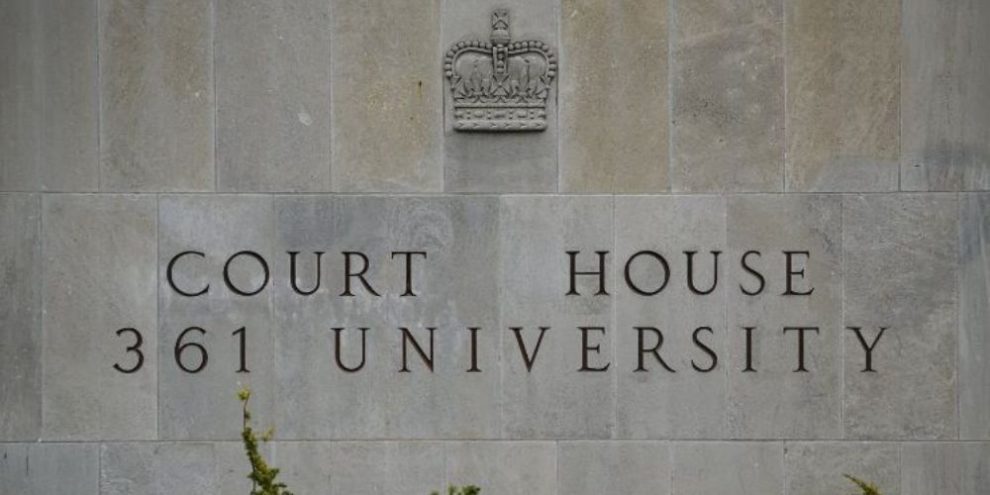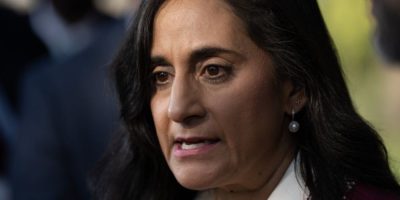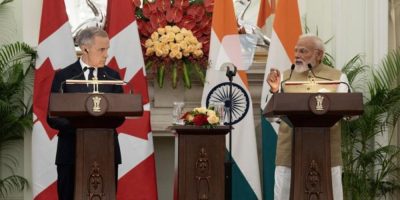
Two First Nations have launched a court application against lawyers who helped bring forward a $10-billion settlement with Canada and Ontario, saying the $510 million they're set to be paid is too much.
"I do want to say we're very grateful for the results that were achieved by lawyers, and we believe that the lawyers should be well-awarded for their services," said Atikameksheng Anishnawbek Chief Craig Nootchtai.
"But we do not agree that a ($510-million) legal fee is fair and reasonable."
The Robinson Huron Treaty settlement, reached last year, sought to remedy unpaid treaty annuities for 21 First Nations.
The First Nations said the $4-per-person annuity had not increased since 1874, which breached the treaty because resource extraction projects have used their land for generations, generating profits that far exceeded what their memberships received.
Lawyers who argued for the settlement sought $510 million in legal fees for their work, saying half of that would be used for more work on the treaty, including further litigation.
But Atikameksheng Anishnawbek and Garden River First Nation say the First Nations have already paid millions of dollars in legal fees, with many taking out loans to do so, and are asking Ontario's Superior Court to reconsider.
"The legal fee is extremely over-the-top," said Garden River First Nation Chief Karen Bell.
Barrie's News Delivered To Your Inbox
By submitting this form, you are consenting to receive marketing emails from: Central Ontario Broadcasting, 431 Huronia Rd, Barrie, Ontario, CA, https://www.cobroadcasting.com. You can revoke your consent to receive emails at any time by using the SafeUnsubscribe® link, found at the bottom of every email. Emails are serviced by Constant Contact
She said she has an "obligation to seek accountability and transparency," and the application should not disrupt payments to beneficiaries. Those payments are scheduled to start flowing in August.
Nahwegahbow Corbiere Genoodmagejig Barristers and Solicitors, who is named in the court application, did not immediately respond to a request for comment.
The other 19 First Nations have not officially supported the application as of yet, but Nootchtai hopes they will as the process moves forward.
Other lawyers who have worked settlements for First Nations have been similarly critiqued, including by Cindy Blackstock.
Blackstock, one of the people responsible for bringing forward a Canadian Human Rights Tribunal case that led to a historic $40-billion class-action lawsuit against Canada for the chronic underfunding of on-reserve child welfare services, took issue with the $55-million legal bill for lawyers who worked on the case.
She questioned last November why the people at the centre of the case — some 300,000 people who had been victimized by the state — would receive around $40,000, while lawyers took home much more.
Lawyers, meanwhile, wrote in affidavits that their fees could have been much higher had they followed traditional fee retainer agreements.
This report by The Canadian Press was first published June 10, 2024.





